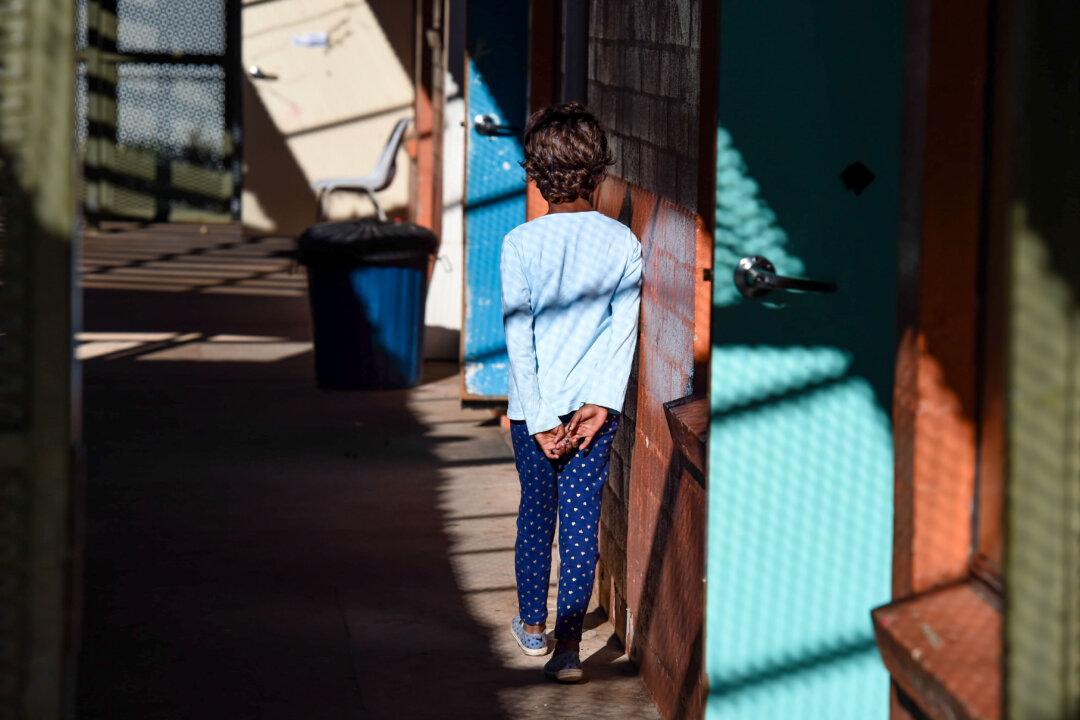The Northern Territory (NT) Police have announced another curfew in the central Australian town of Alice Springs in the wake of a series of violent assaults in the remote community.
The three-day public order will last from 10 p.m. to 6 a.m. and apply to both adults and children.




